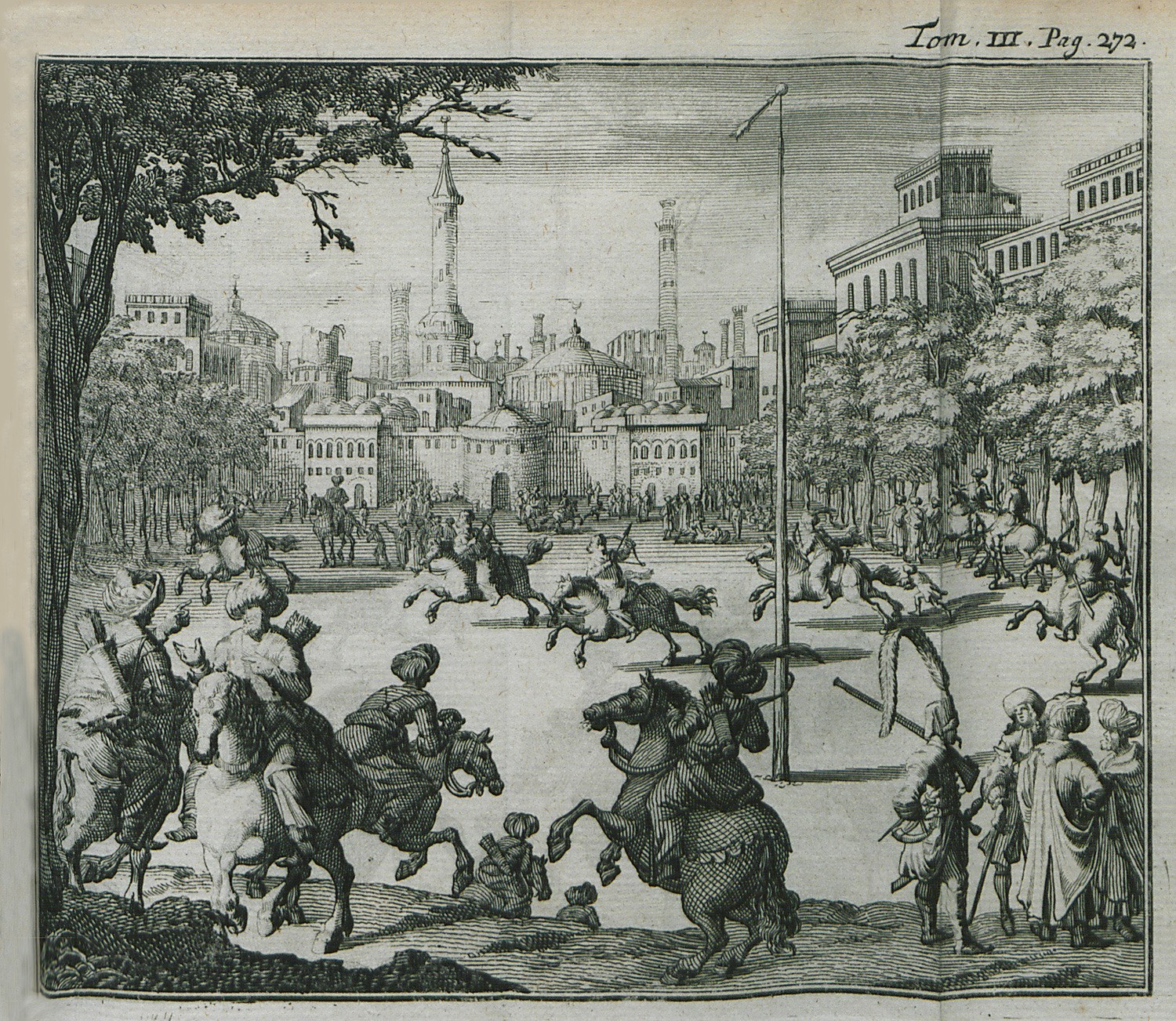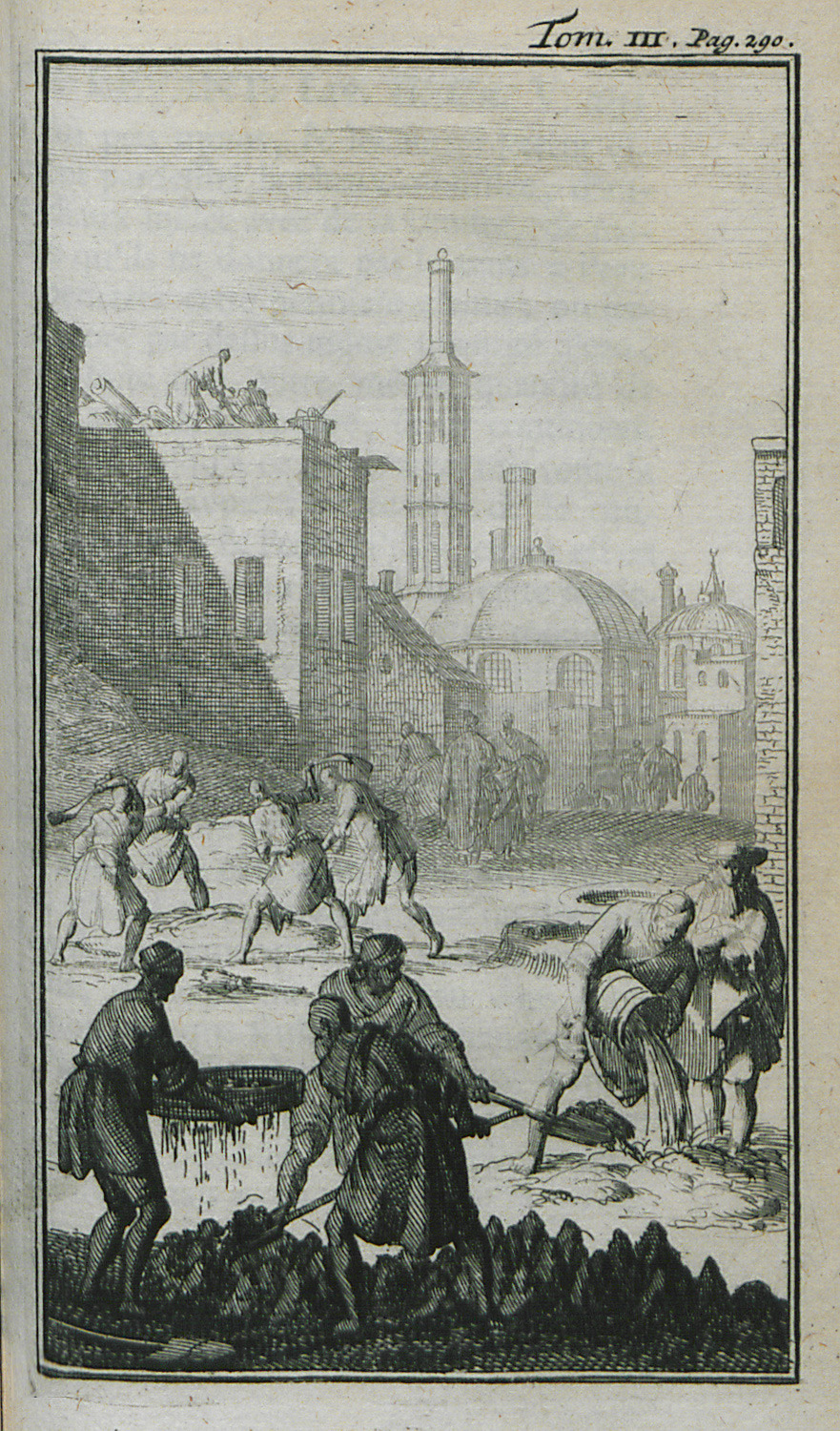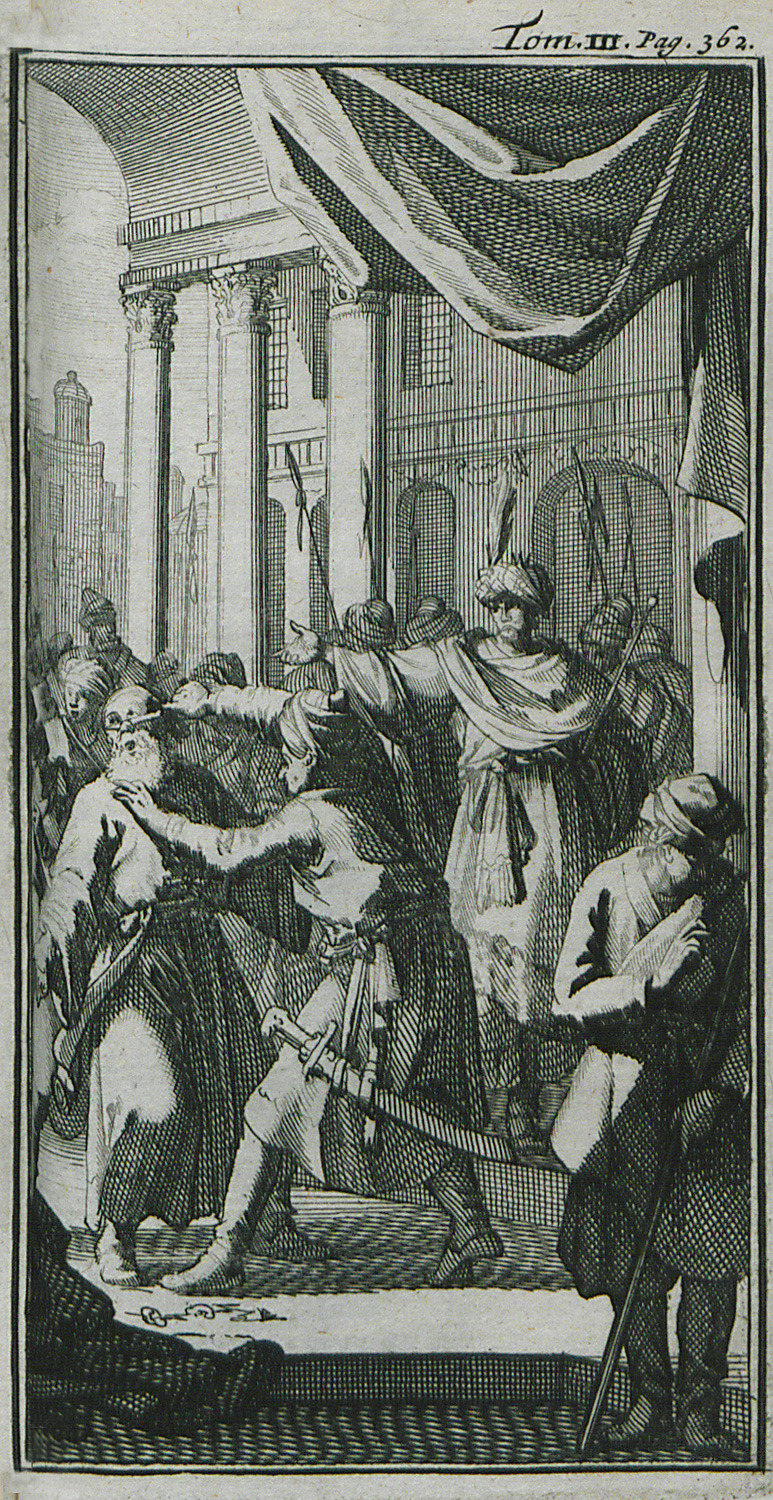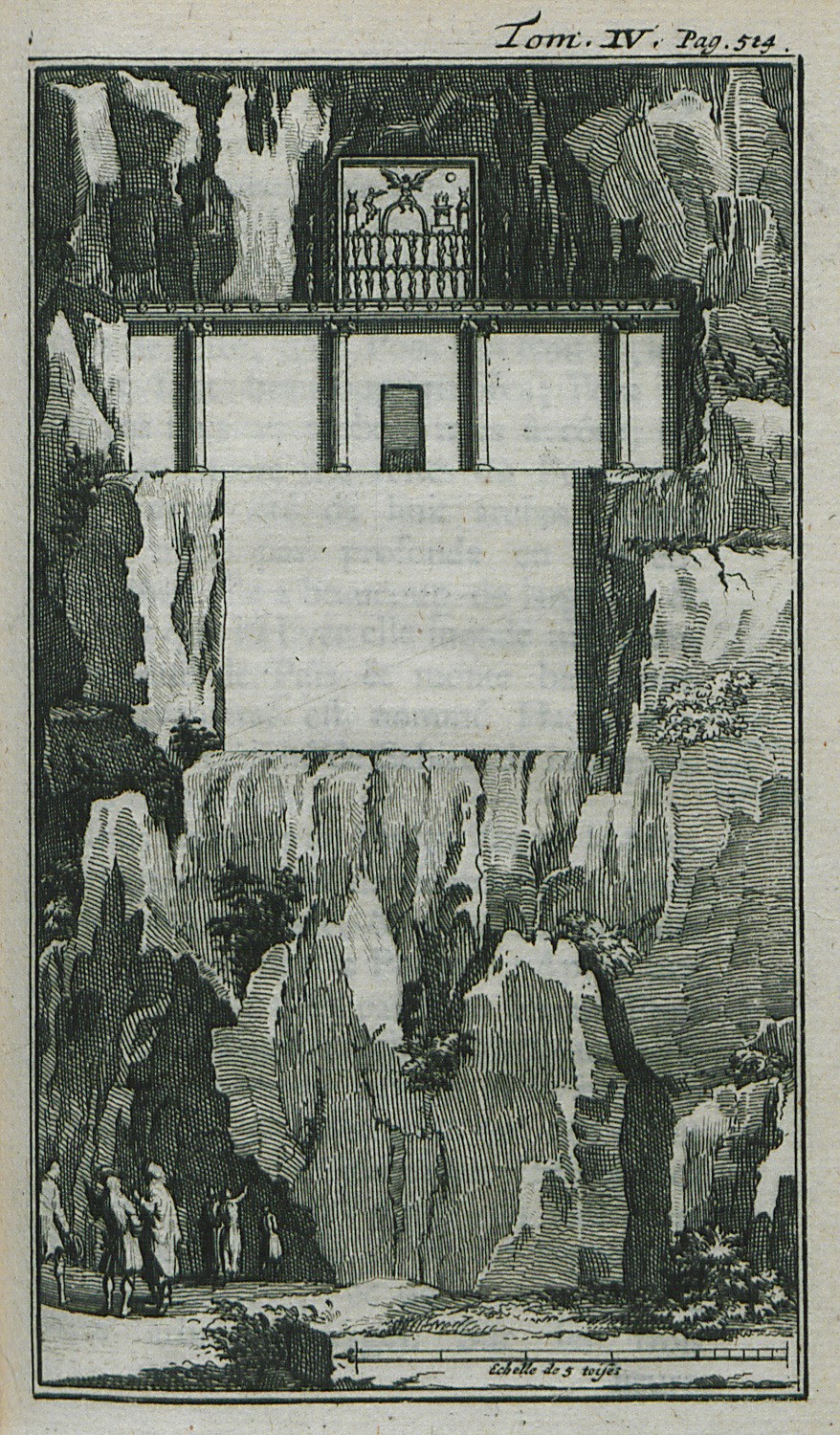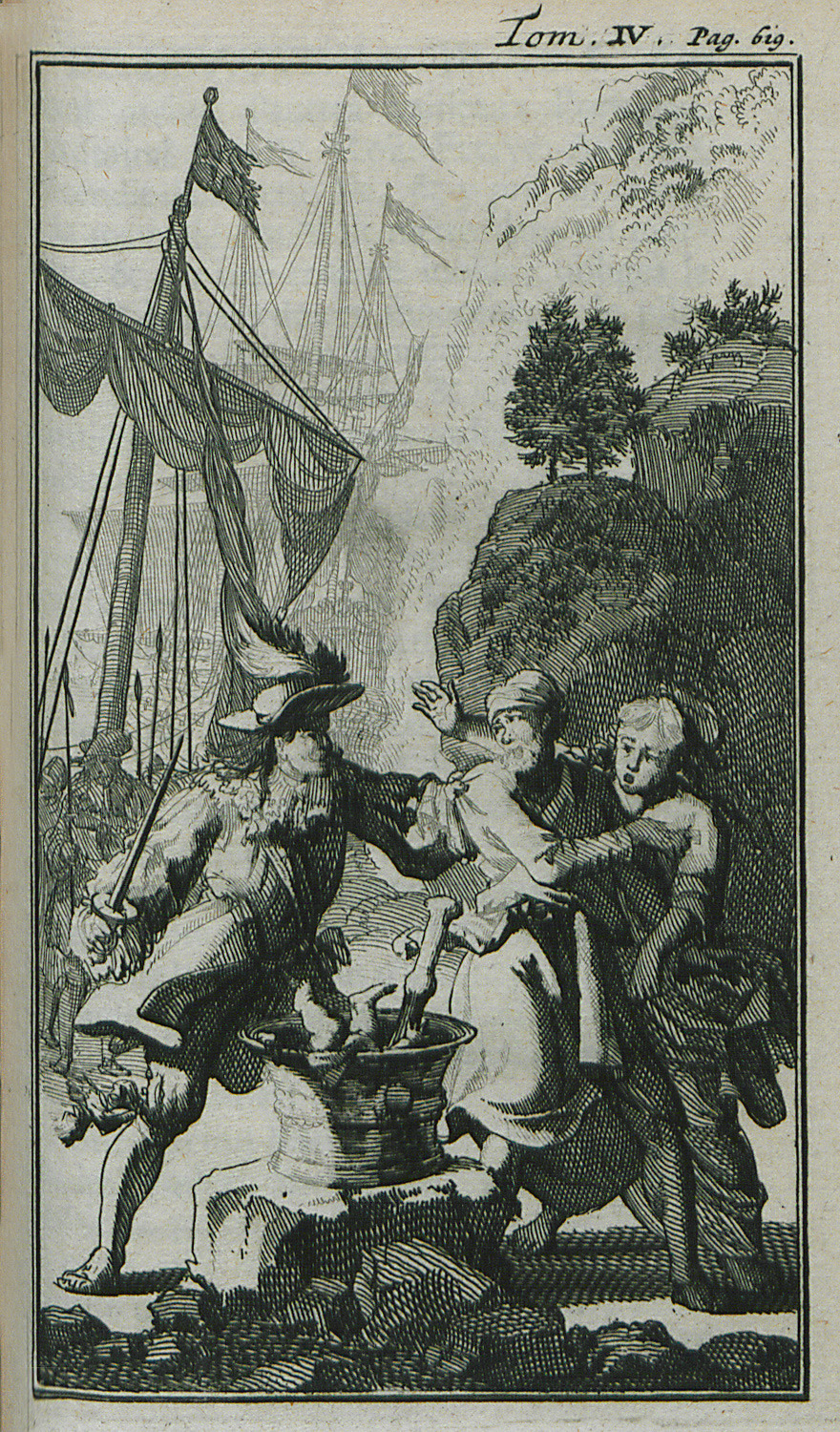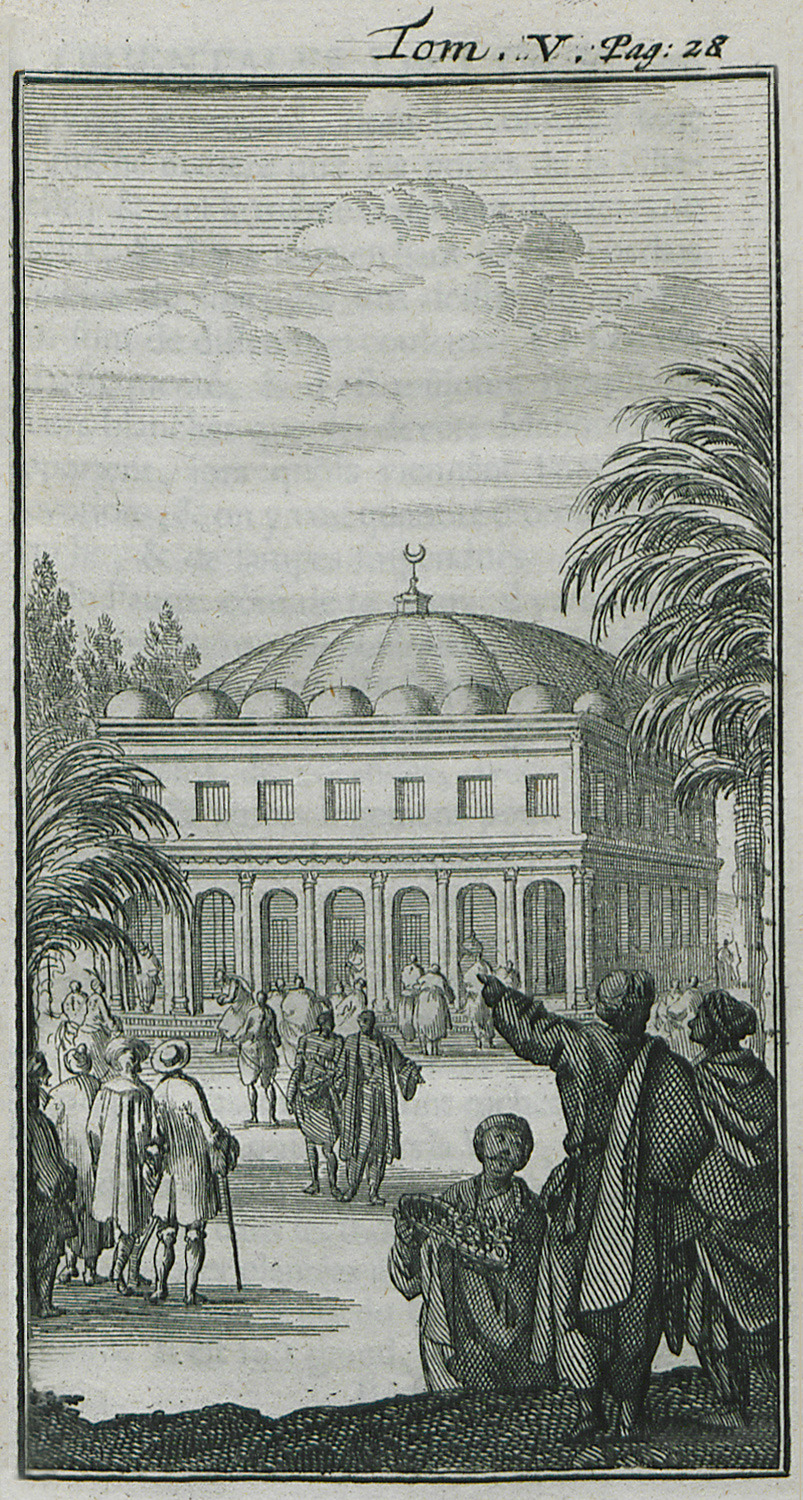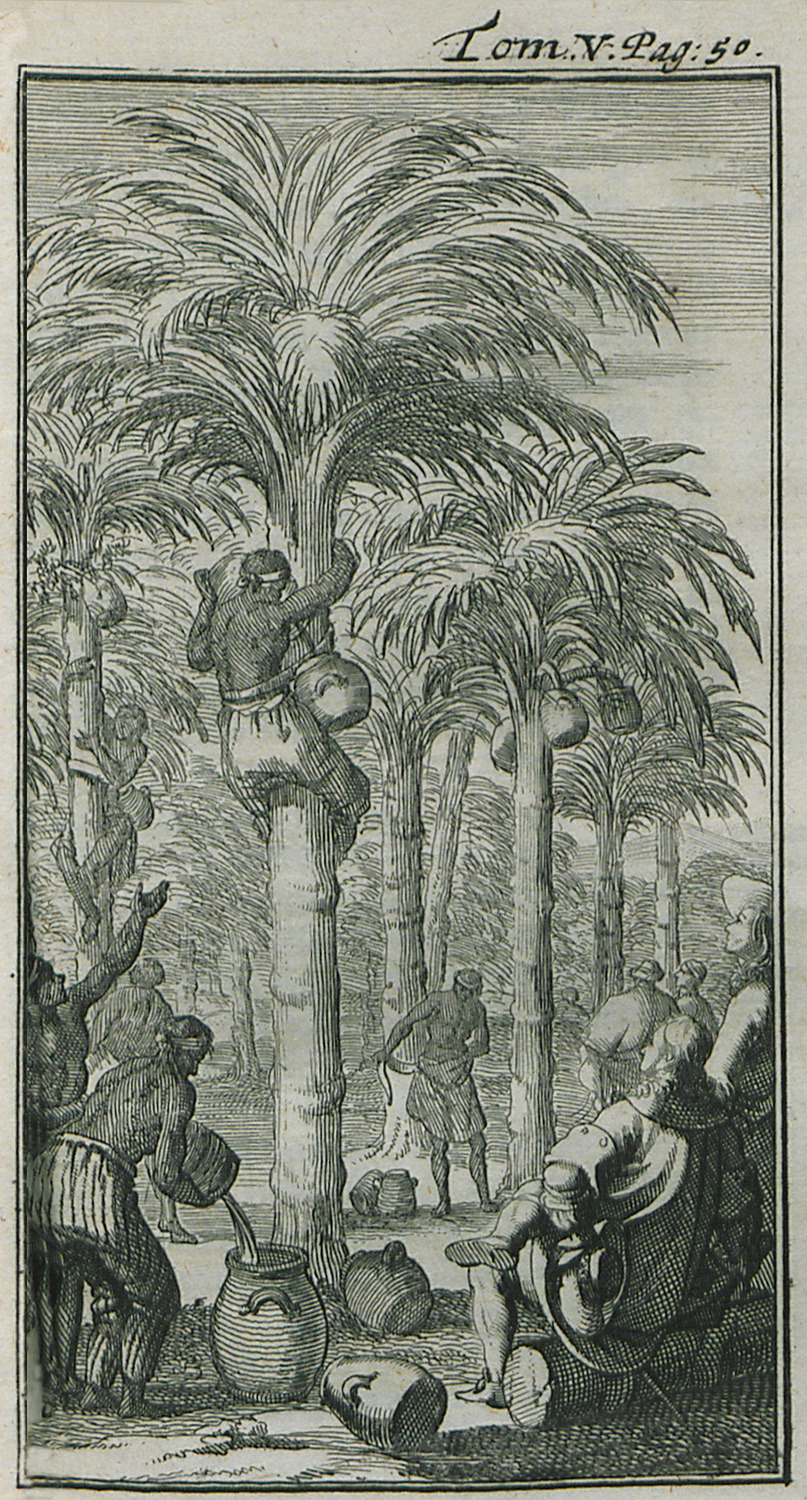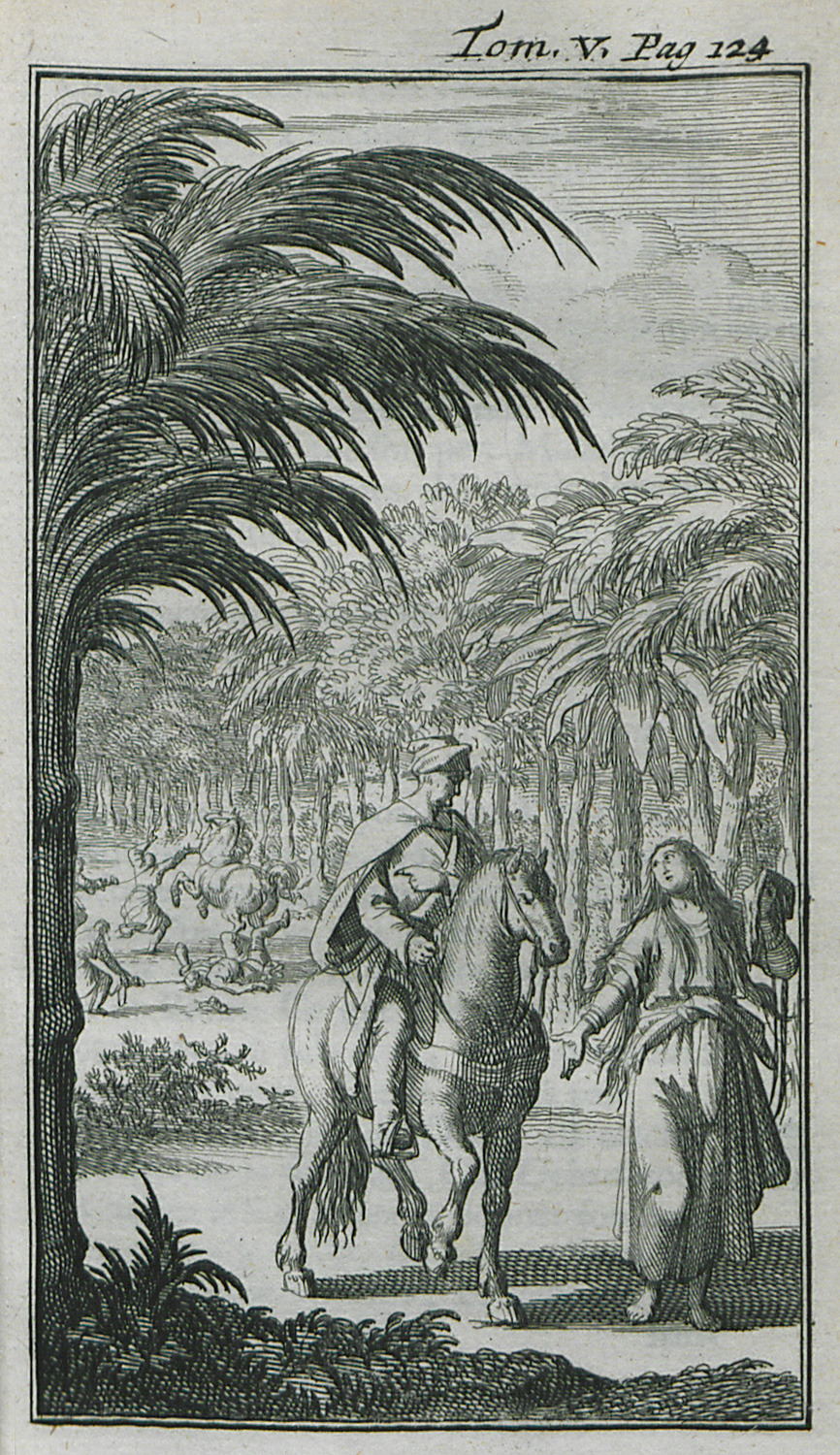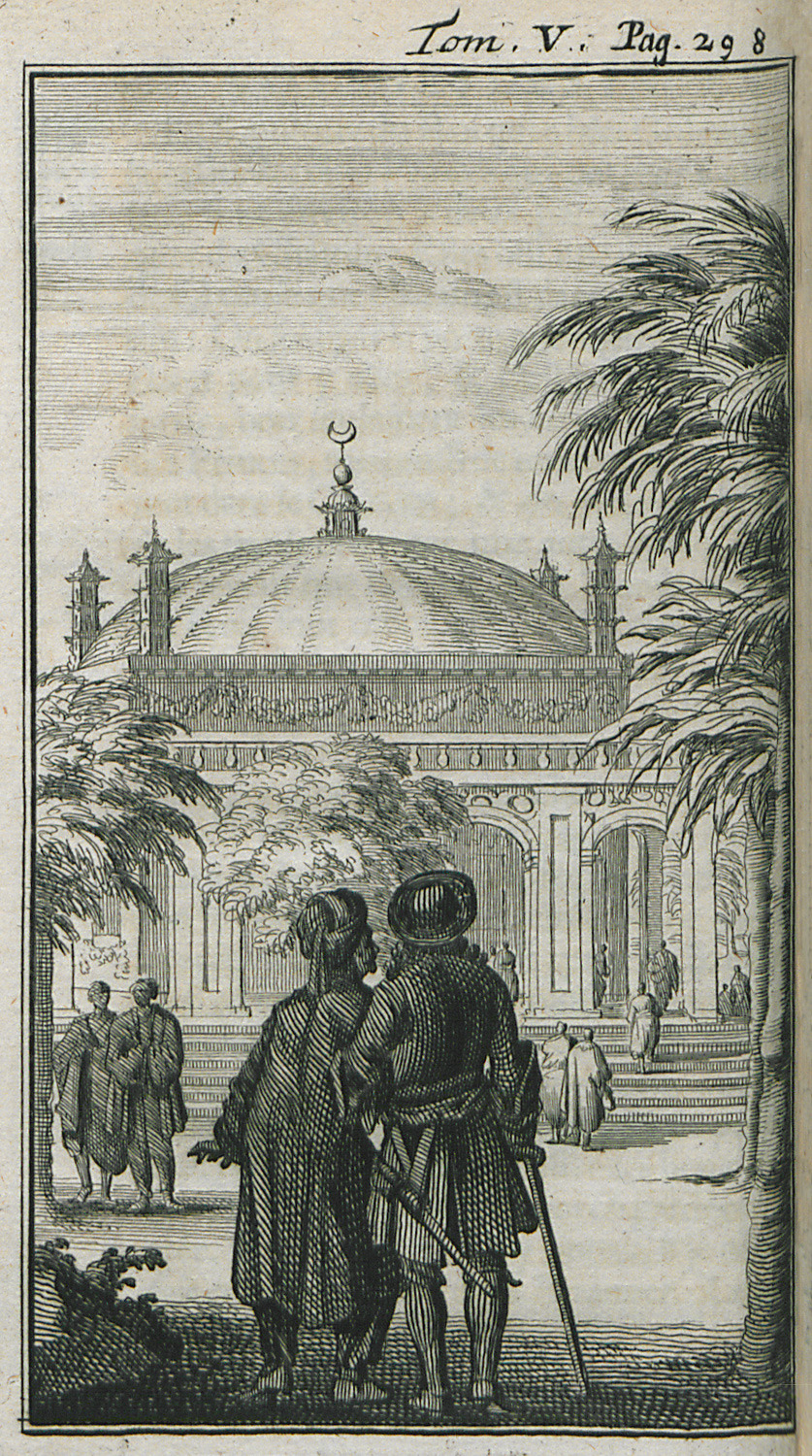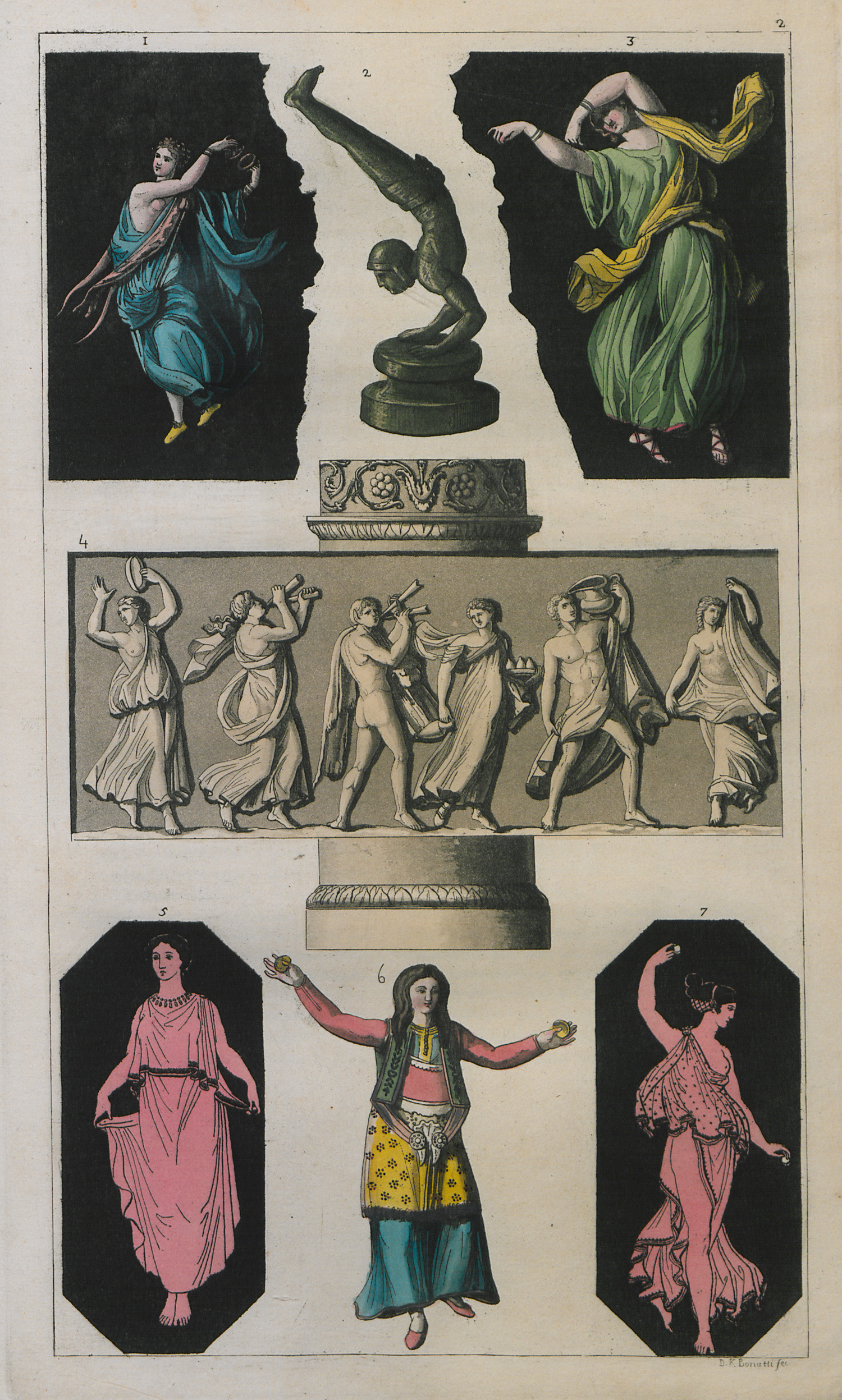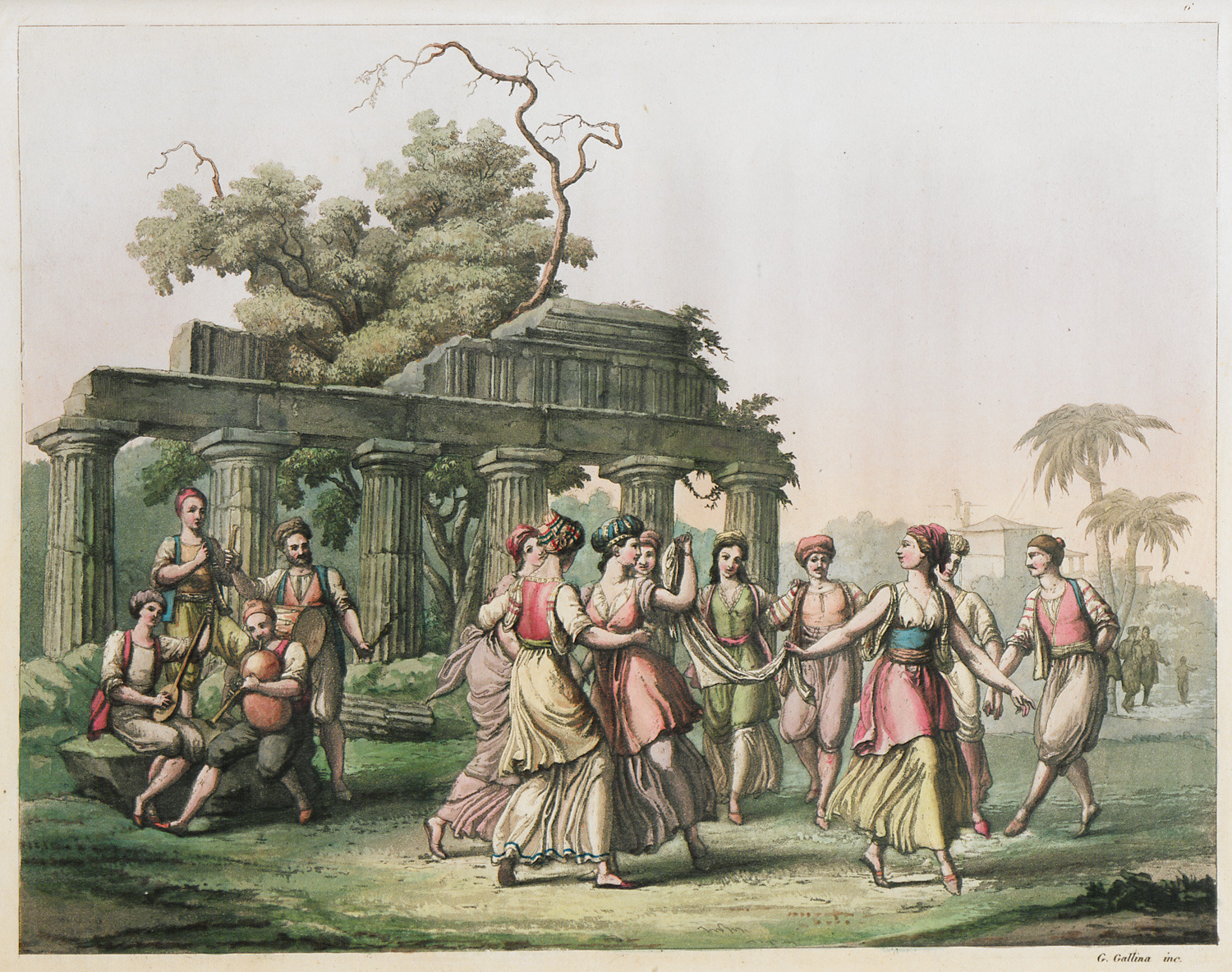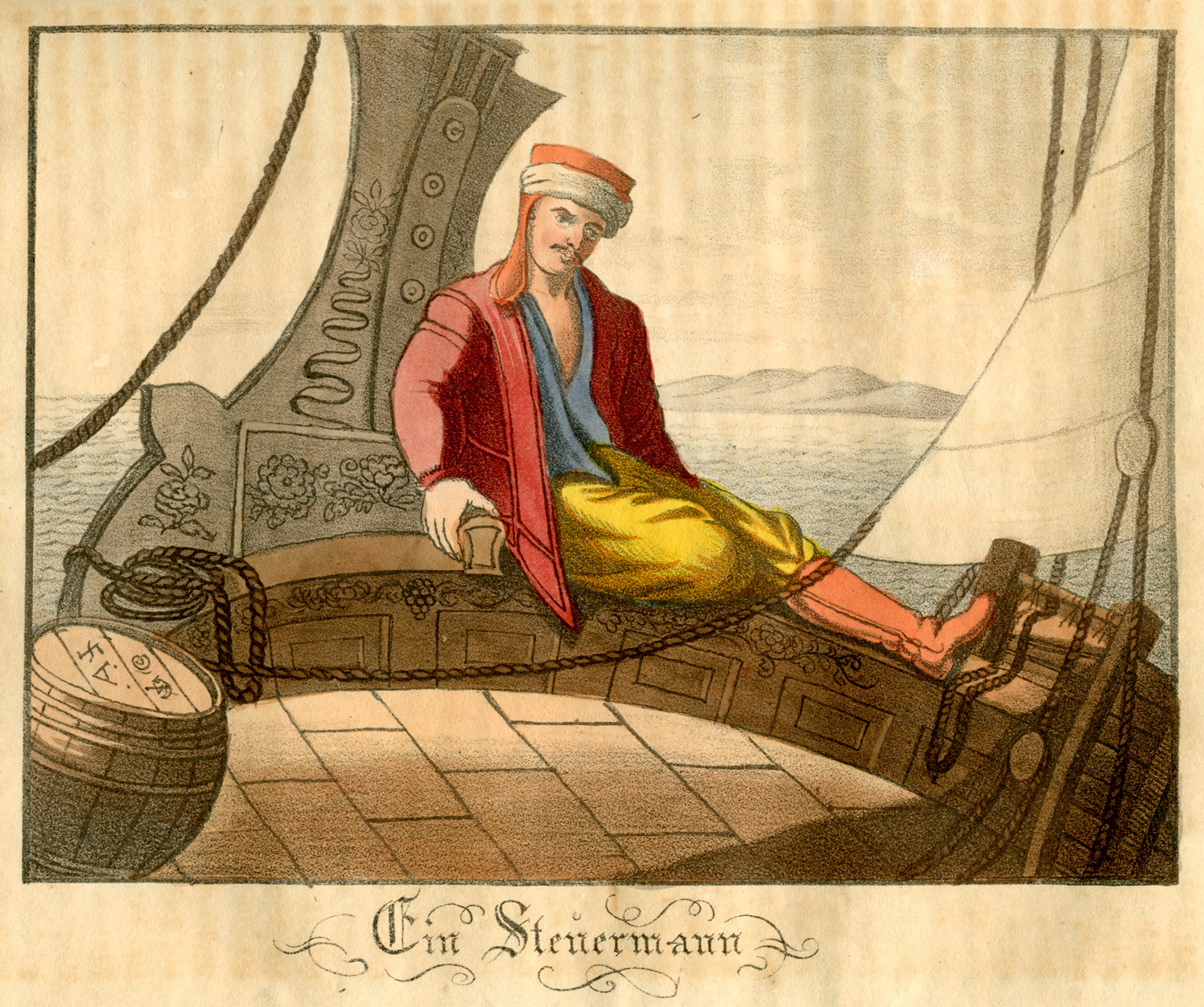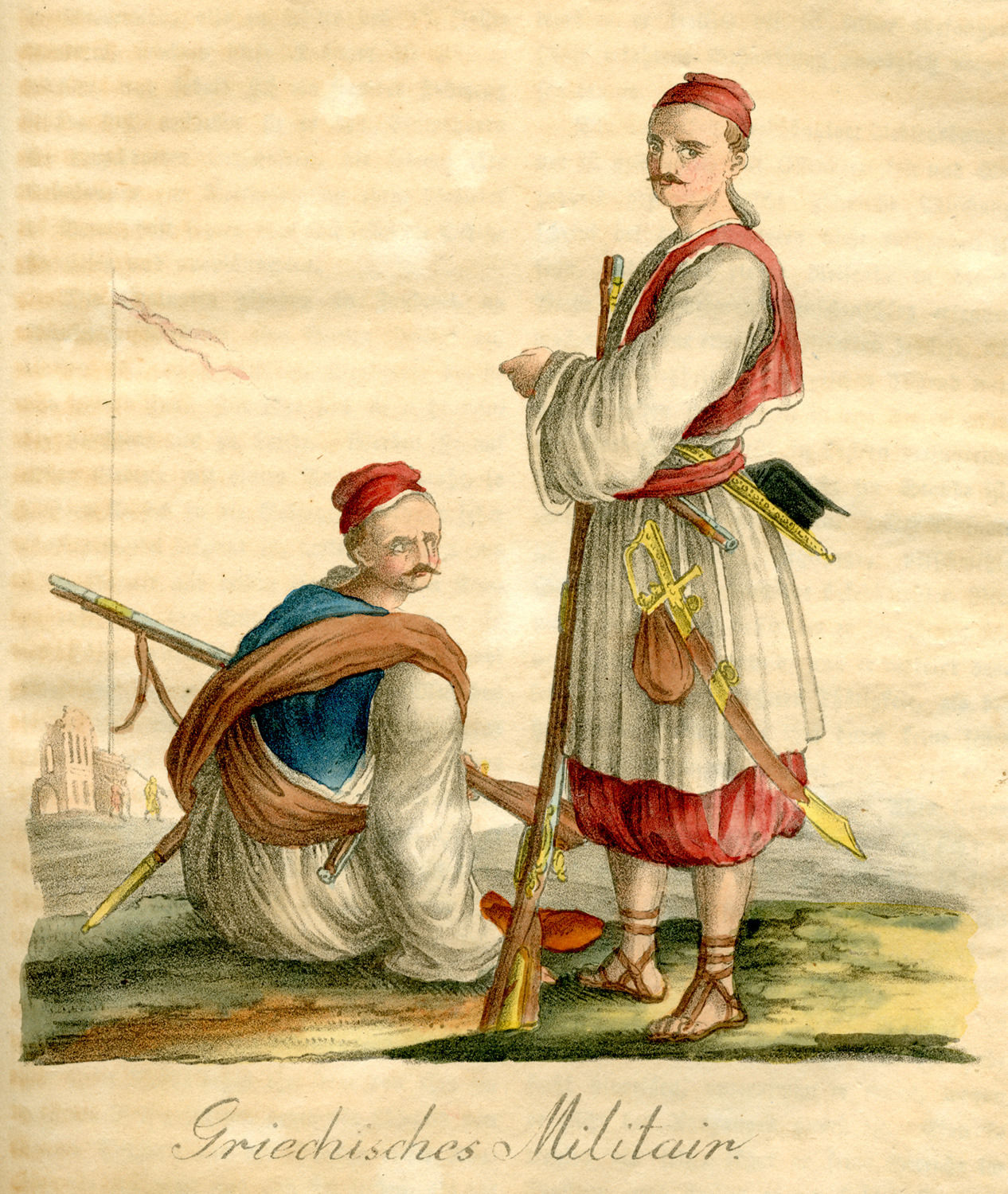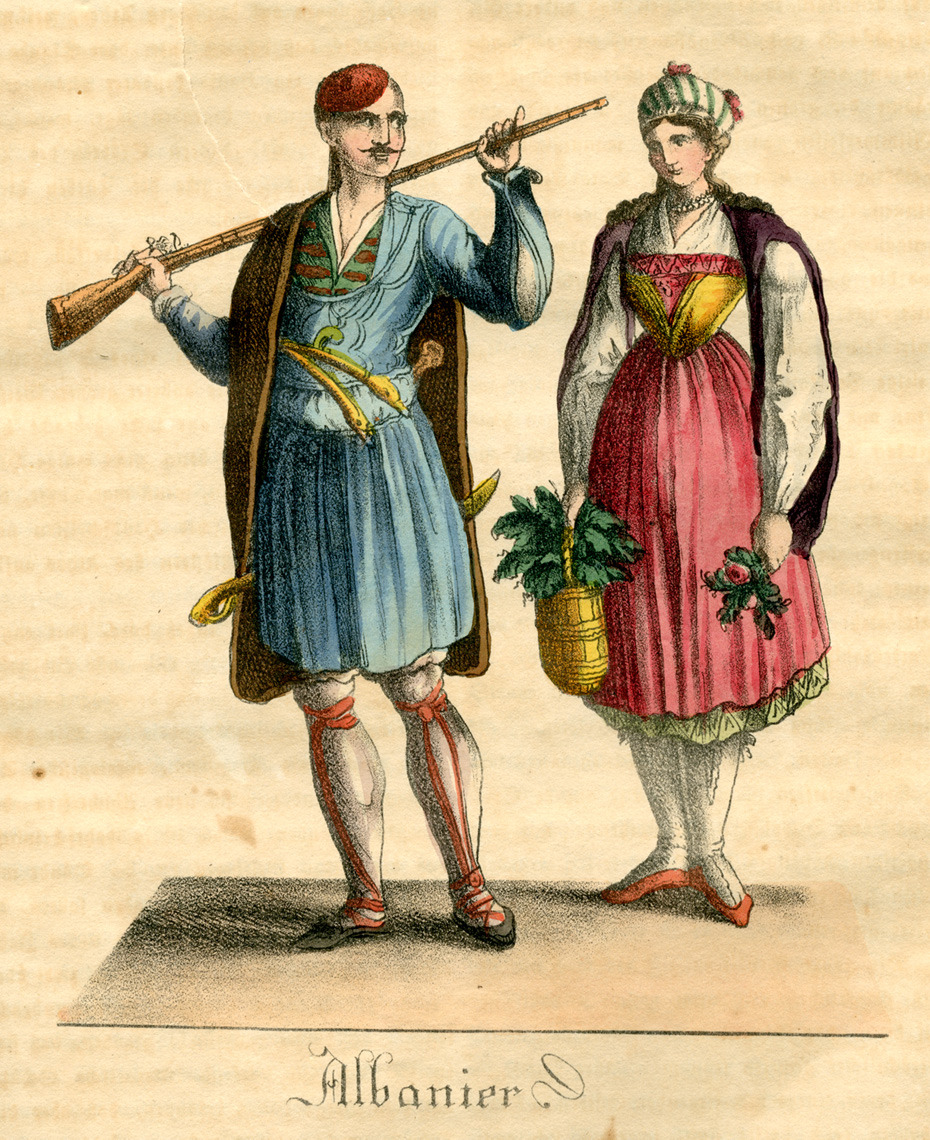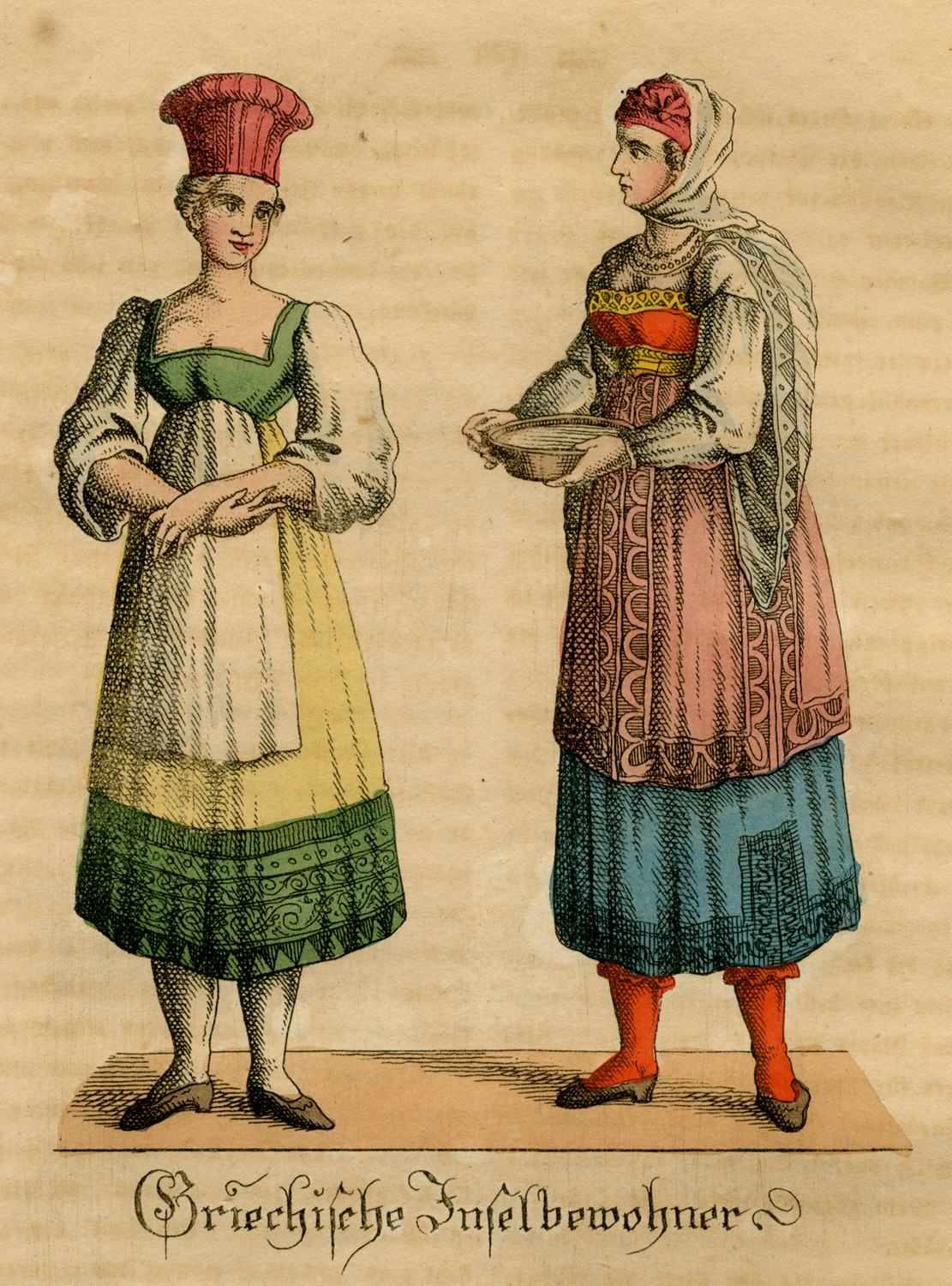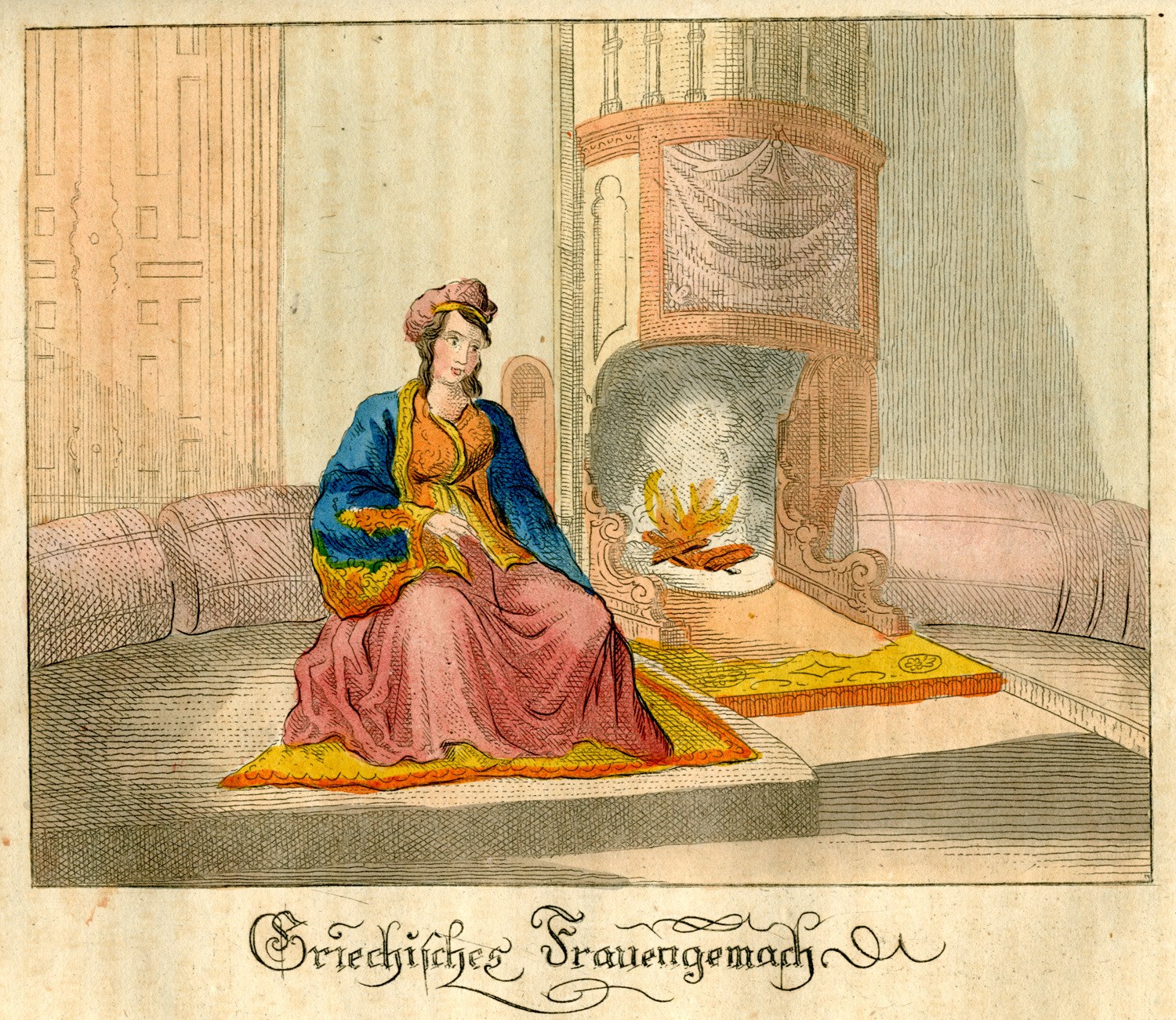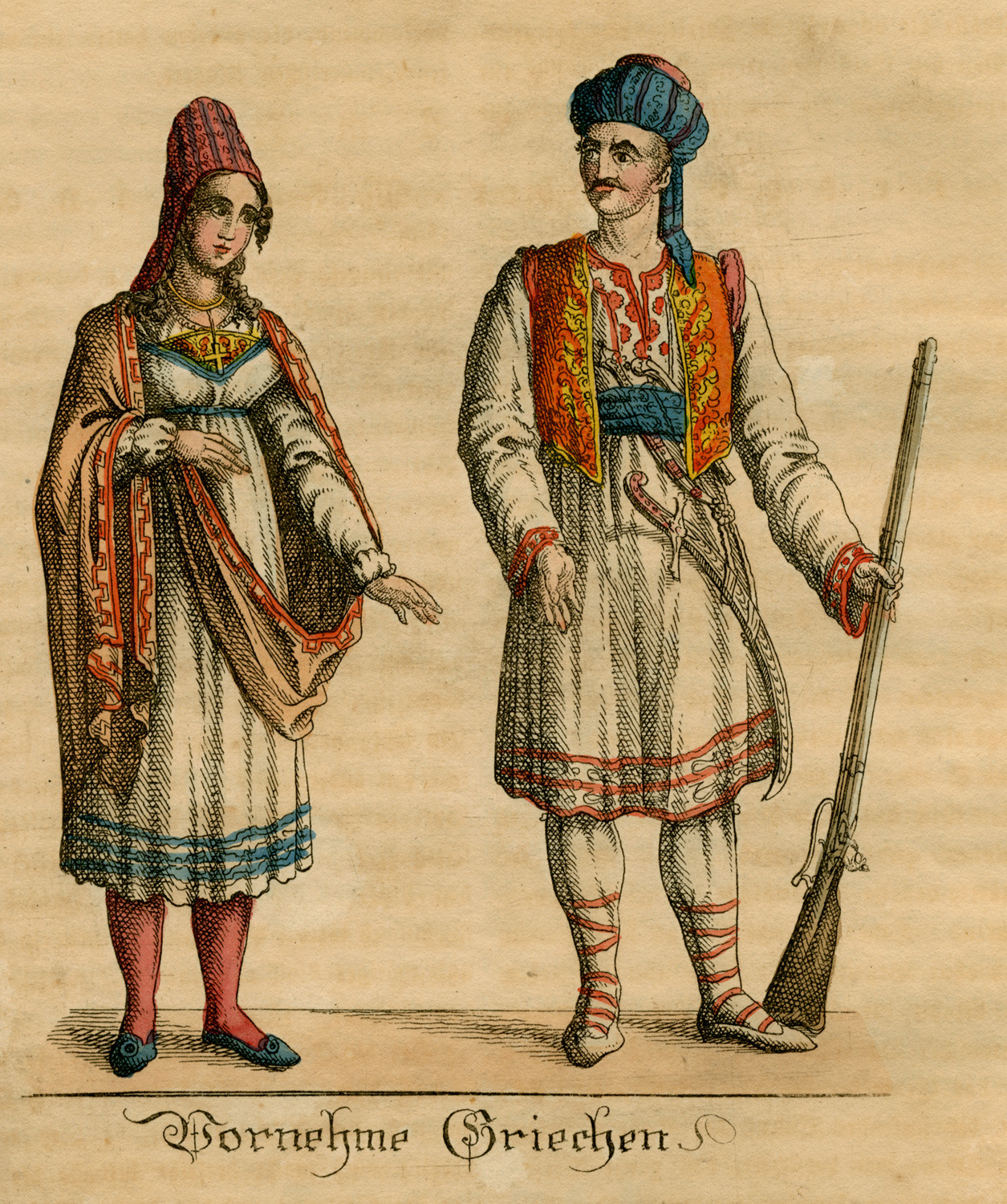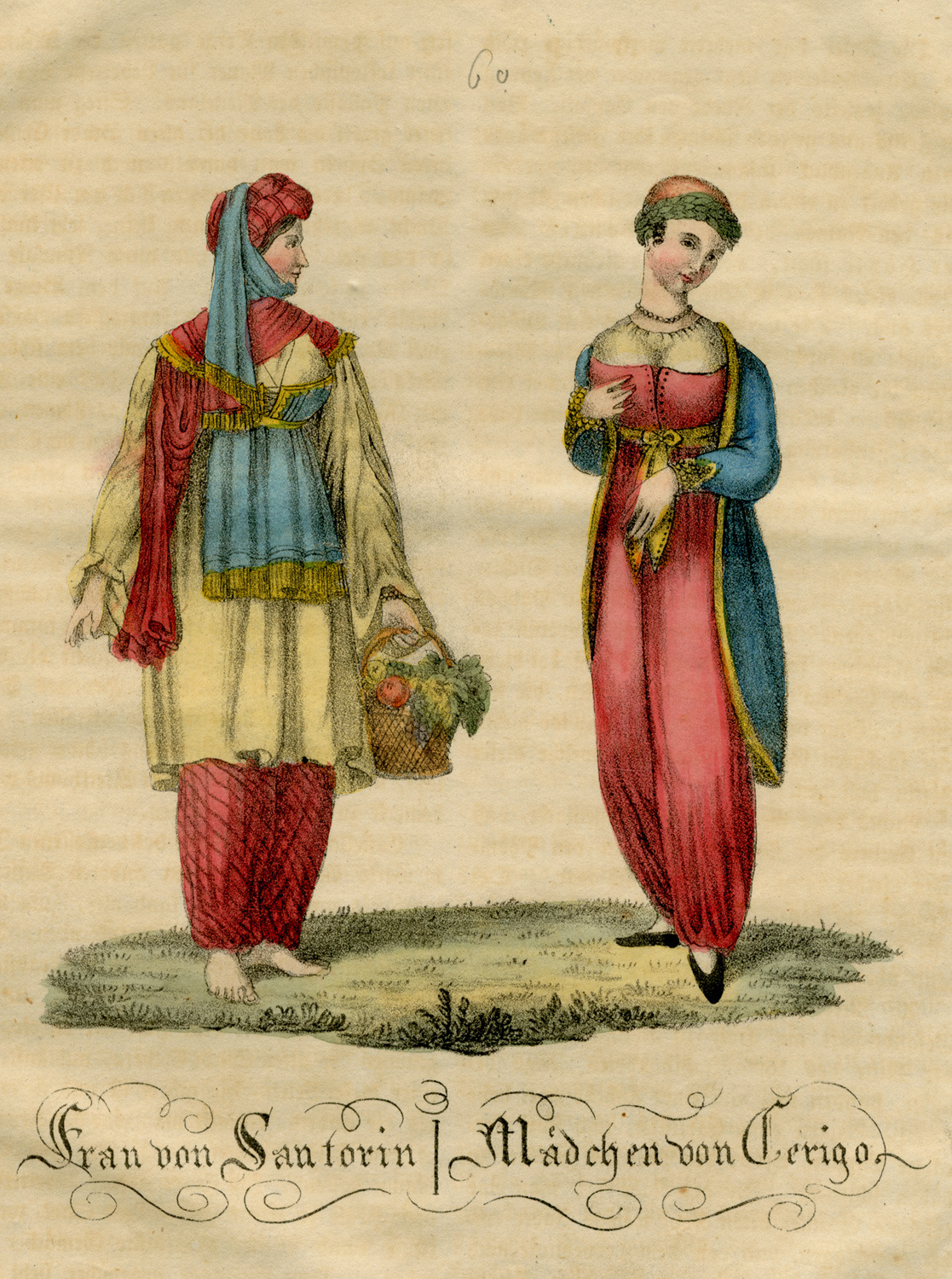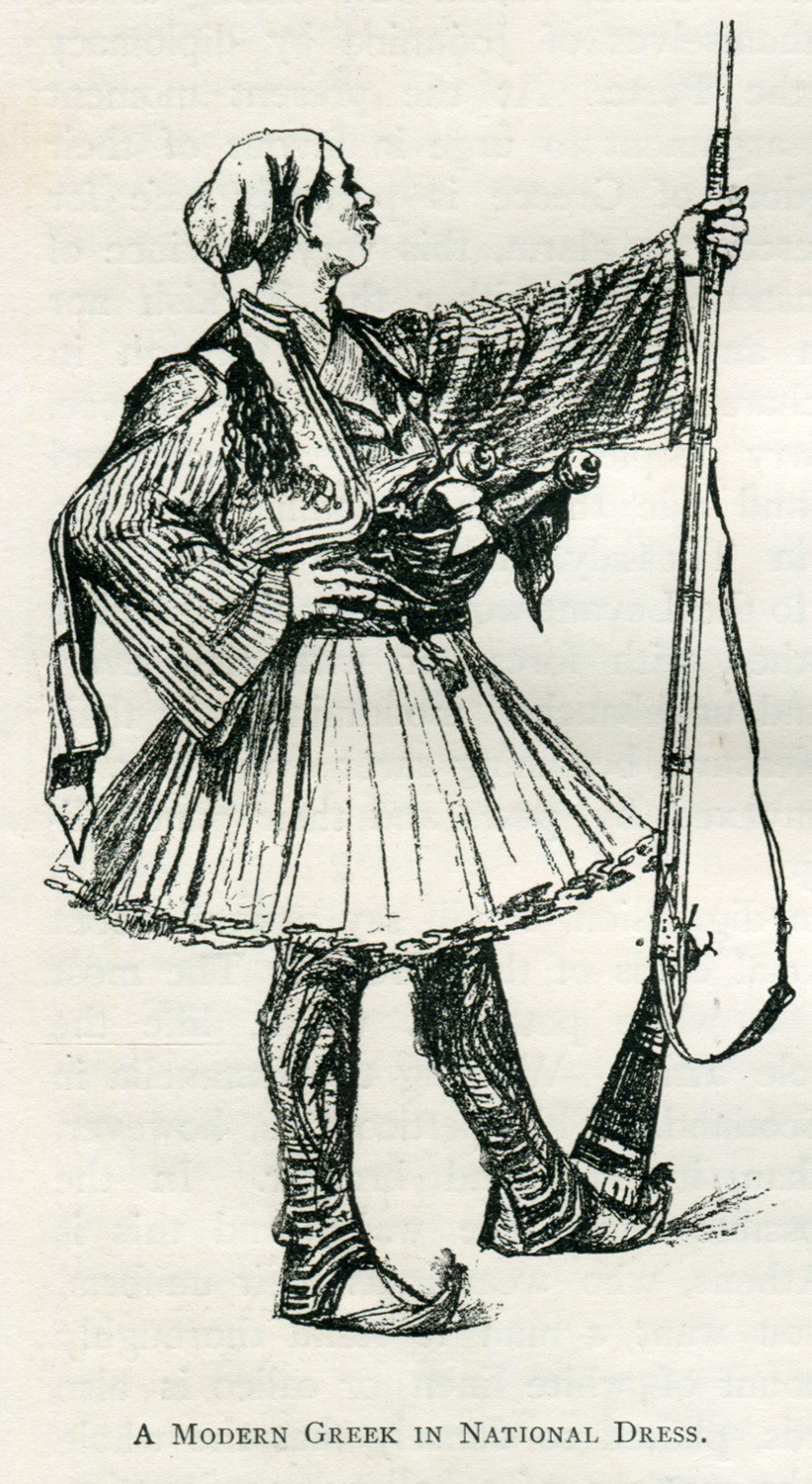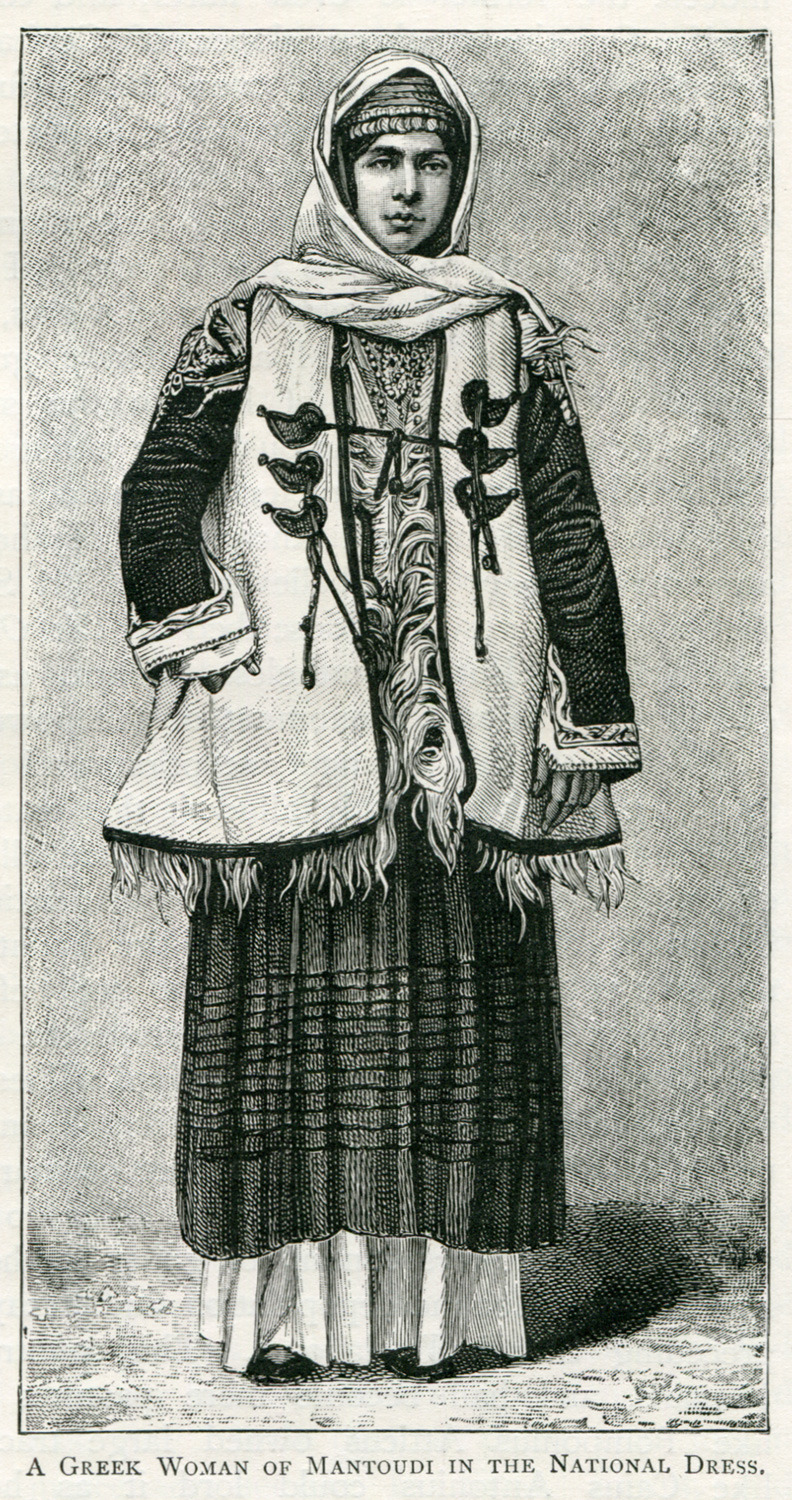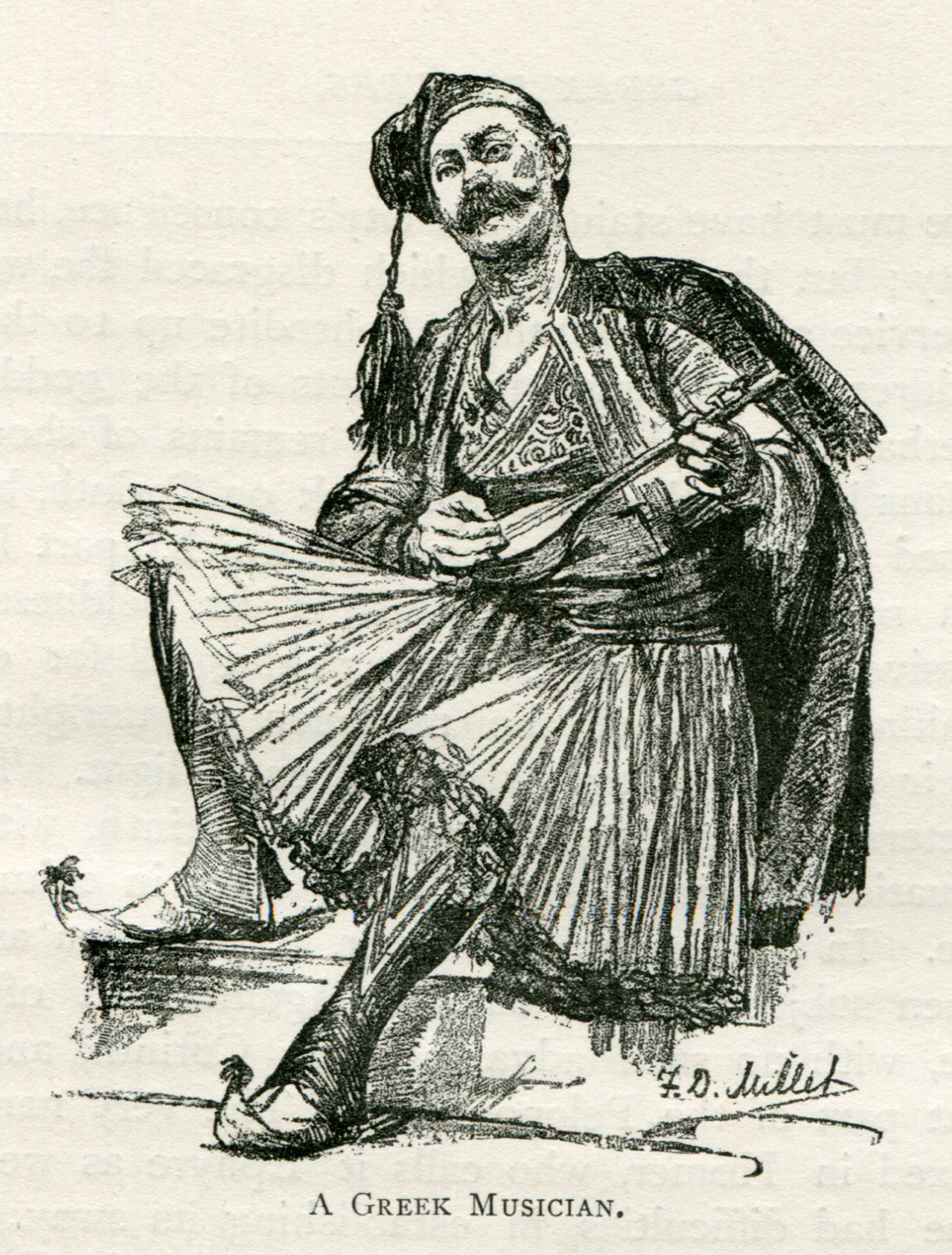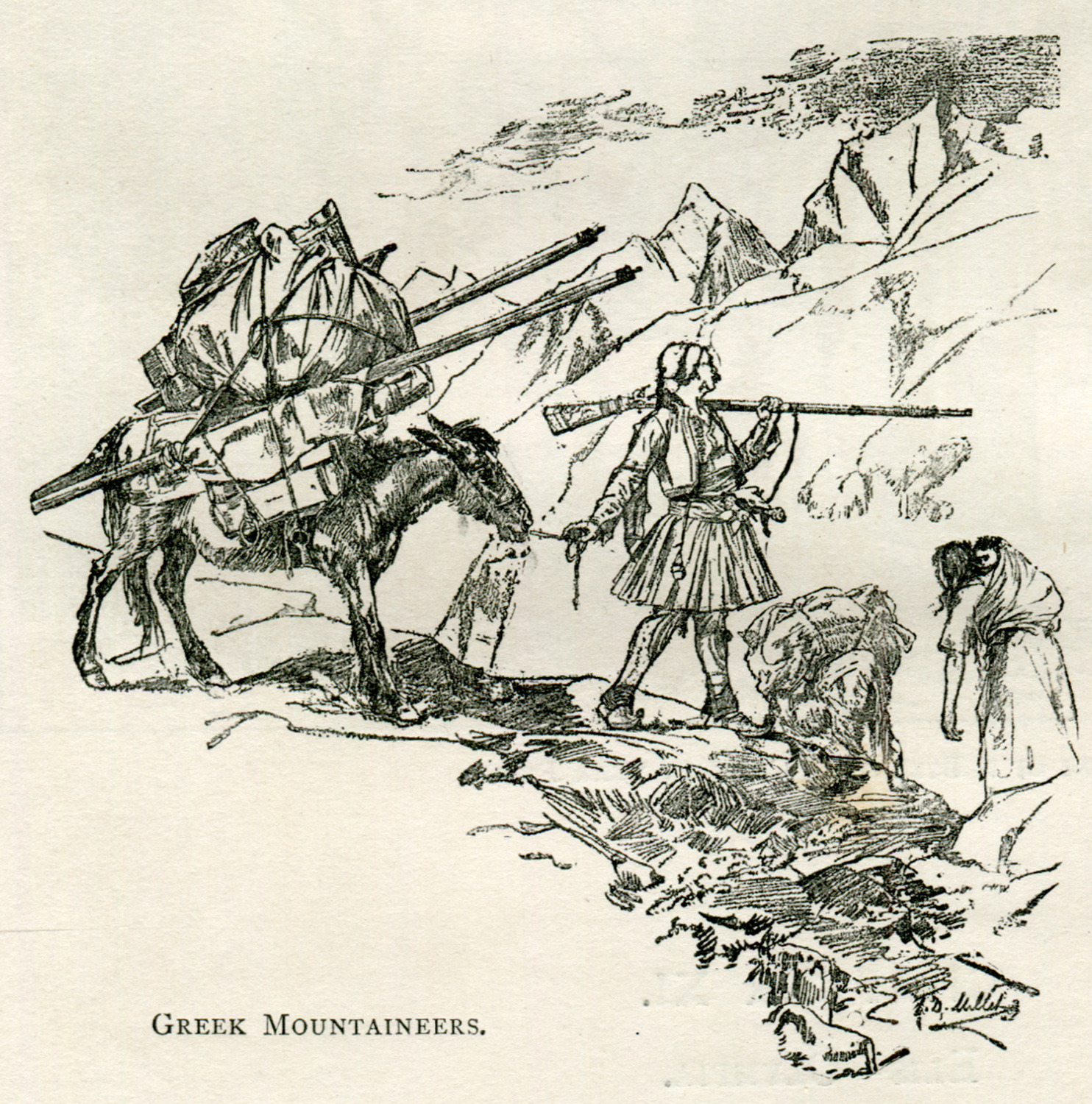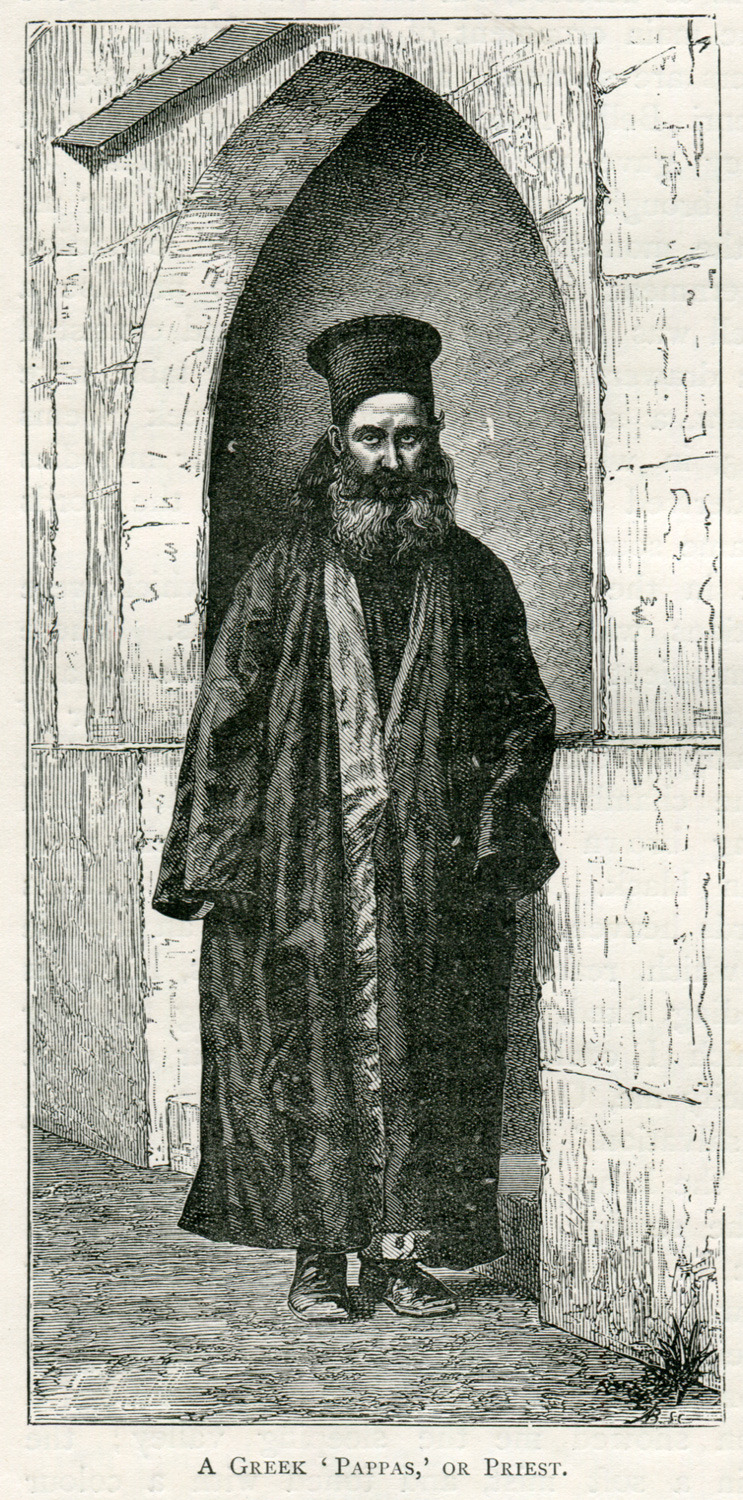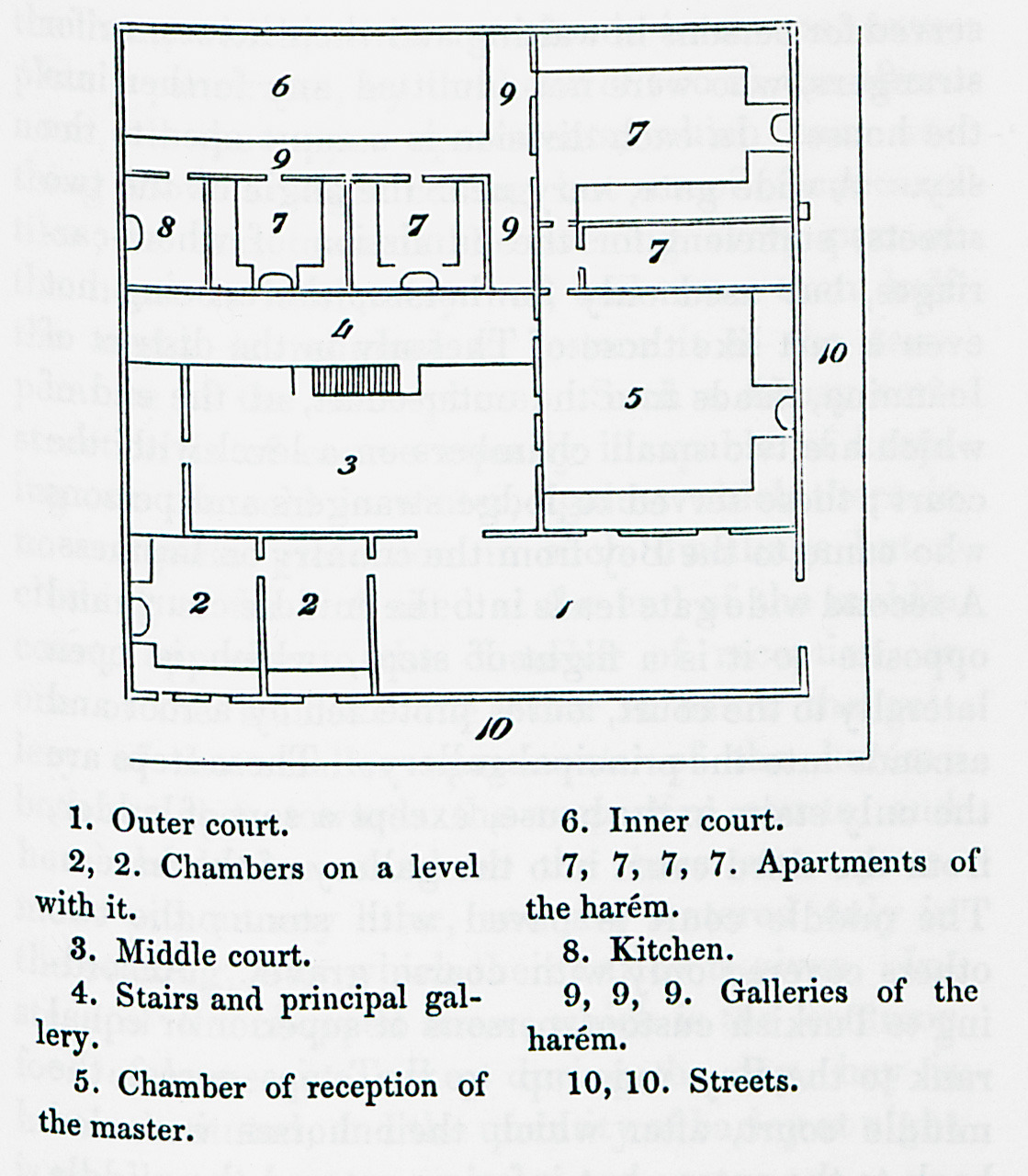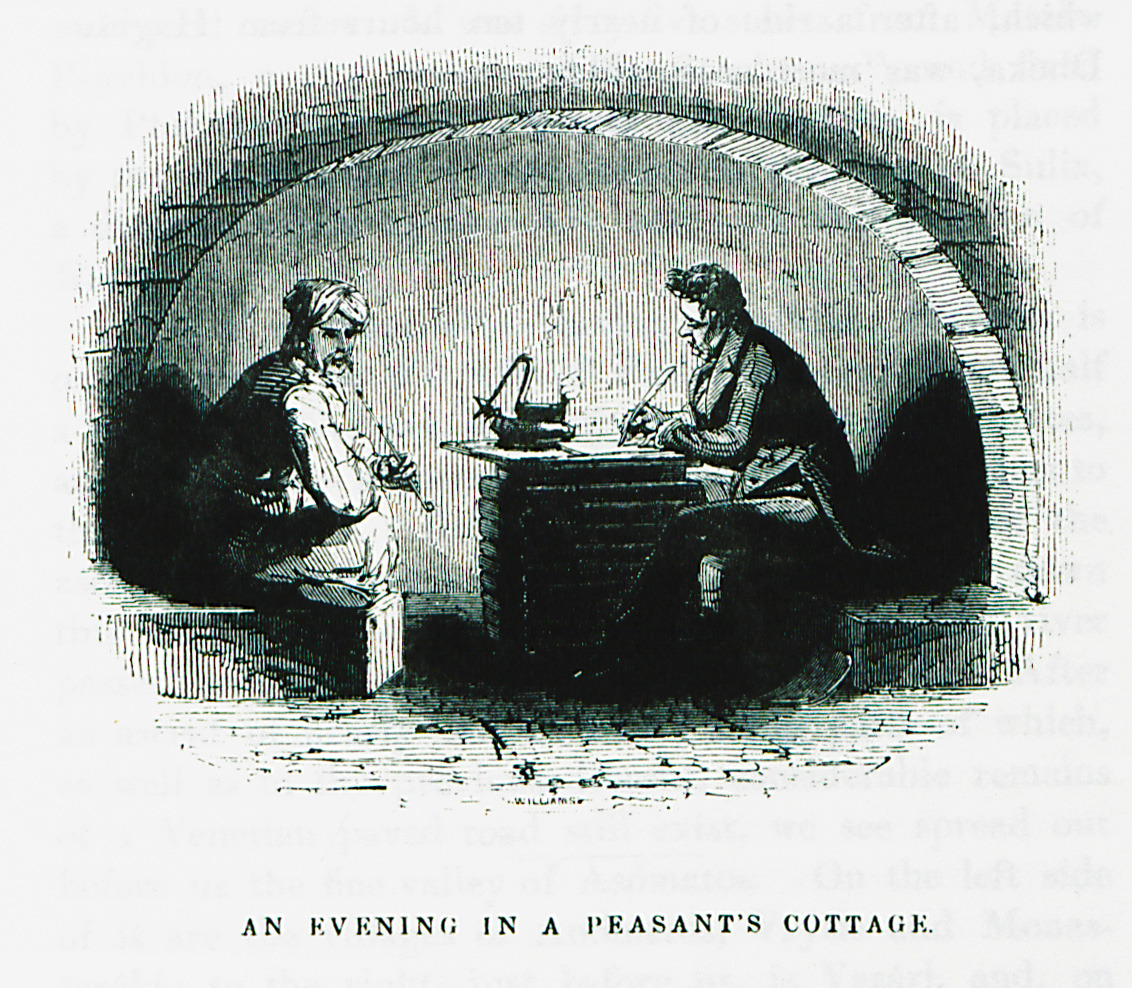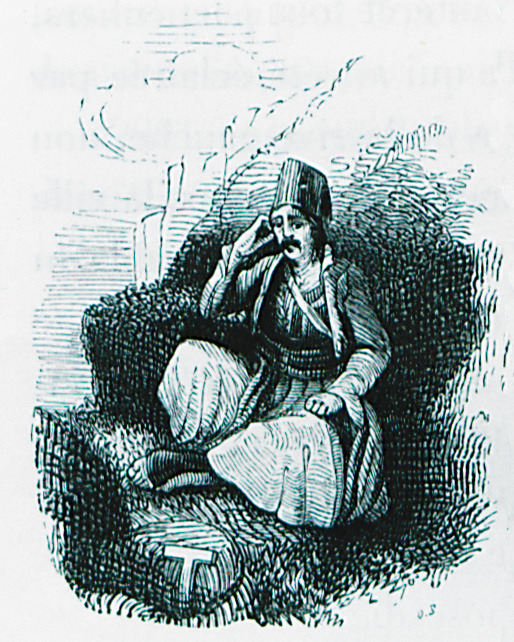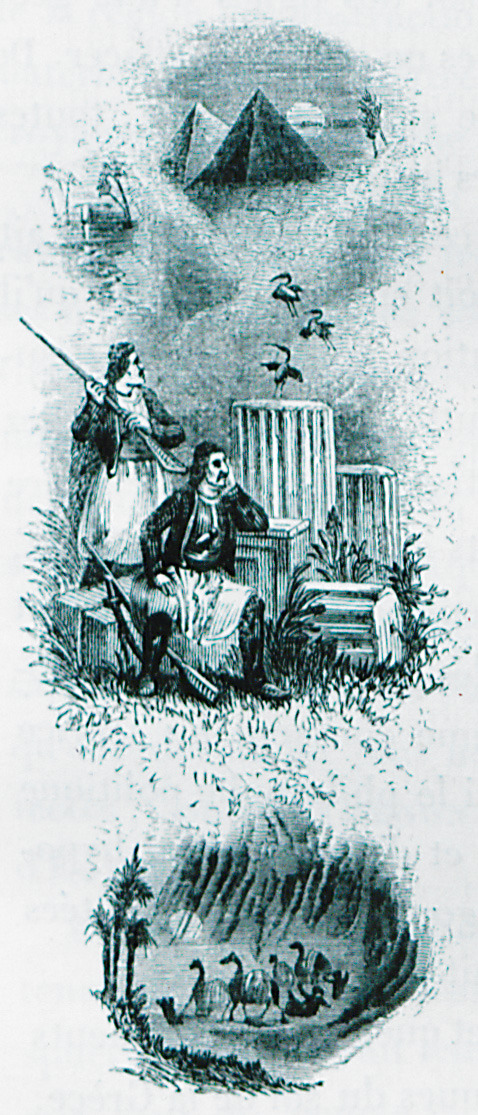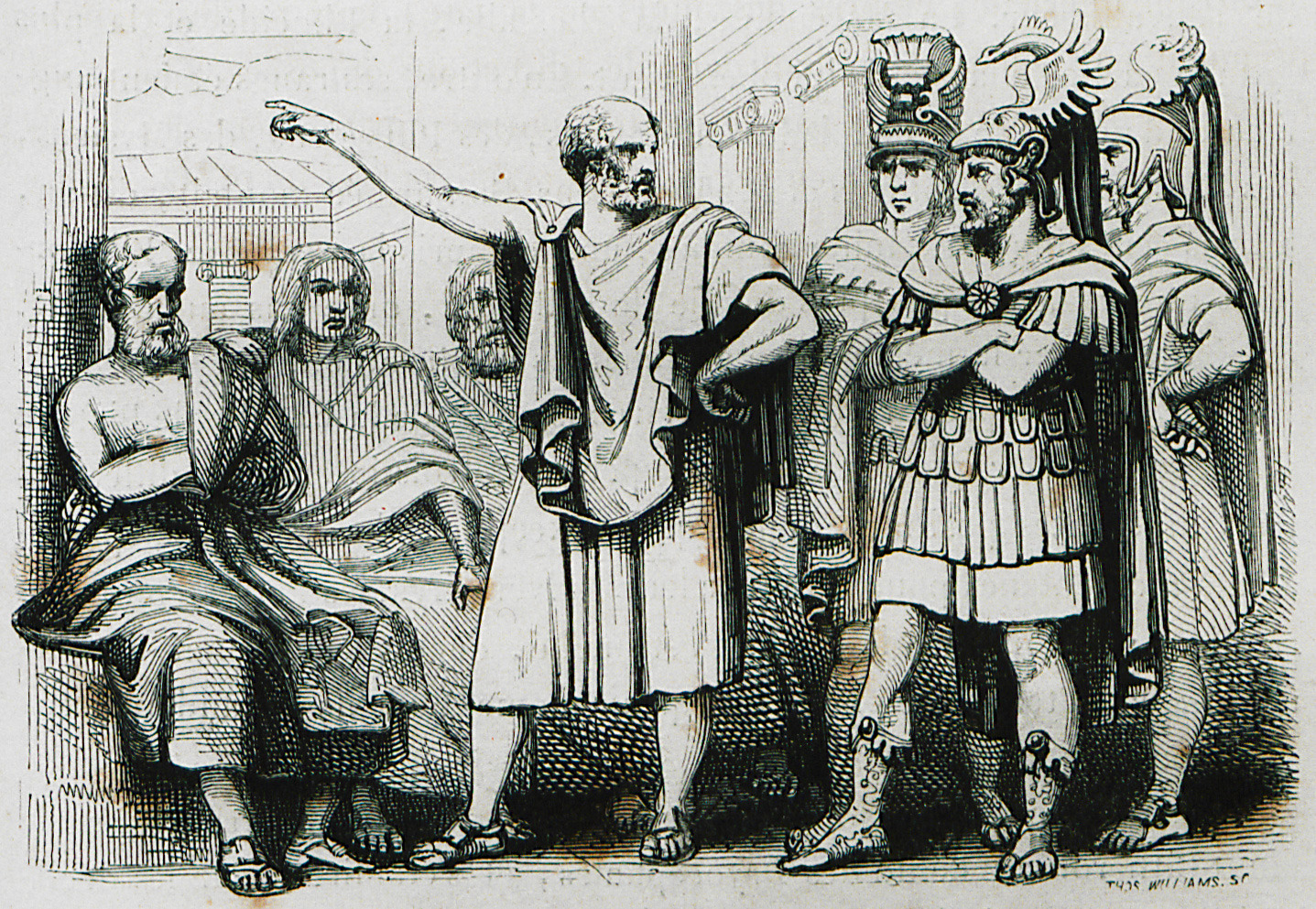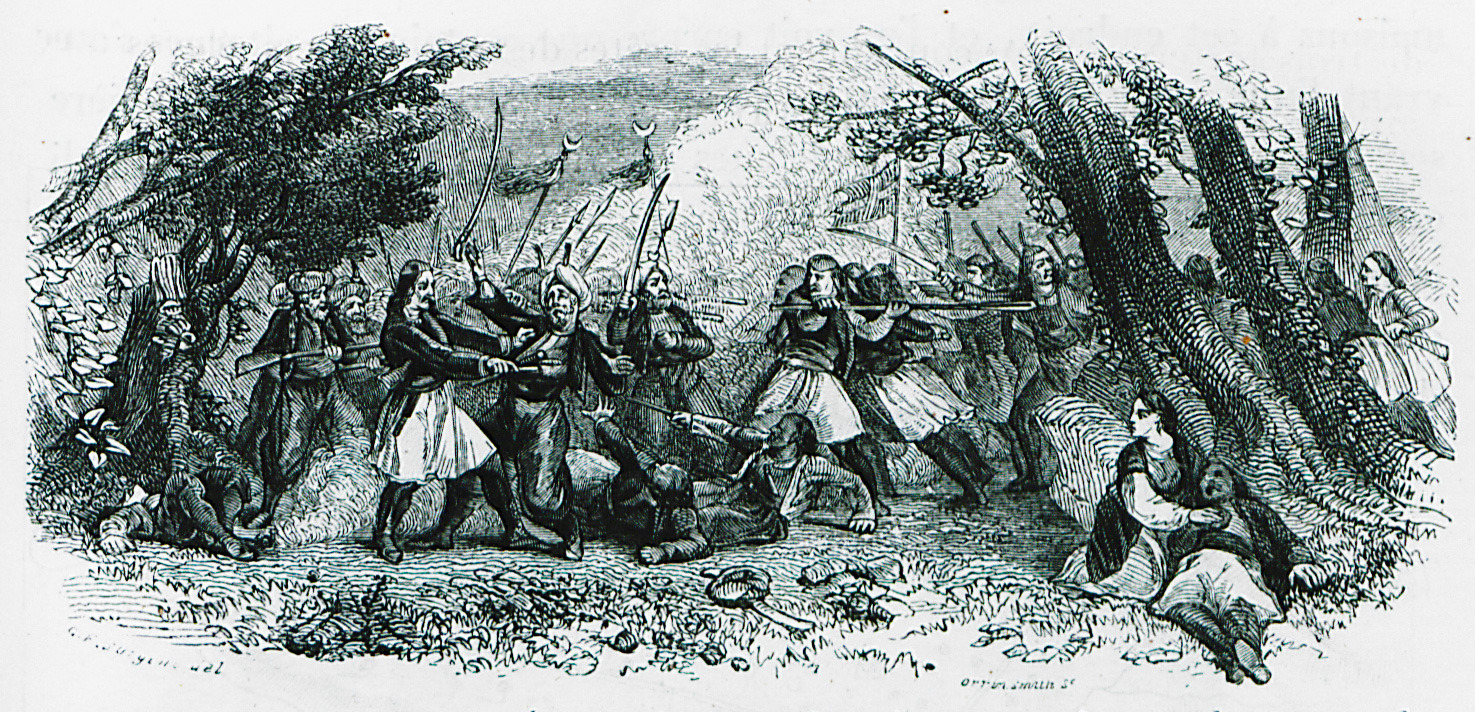Ethnic groups (1947 Subjects)
Game of Persian cricket at a public square in Isfahan, as watched by the author.
Preparation of lime for construction purposes, Persia.
A prisoner is executed by torture on the orders of Shah Abbas in Persia. On the right, a Portuguese merchant turns his head away from the horrendous sight.
Rock-cut Persian mausoleum at Çehel-minar near Şiraz, southwestern Iran.
Ruy Freire de Andrade, 17th-century Portuguese naval commander and colonist, throws into a boiling cauldron the new-born baby of a family native to the Persian gulf islands.
The mausoleum of Muslim saint Shah Alam in Ahmedabad, India.
Preparation of palm wine, known as tari in Hindi and as tadi to British colonists, out of coconuts.
Woman bandit on the route from Agra to Delhi.
View of the mausoleums of Qutb Shahi dynasty at Golkonda, India.
Dance scenes from ancient Greek vases and reliefs 6. Greek dancer from Epirus in traditional costume (from the edition by J. H. Hobhouse, 1813).
Dance in Greece.
Greek sailor.
Greek members of the military.
Albanian man and wife.
Greek women from the Aegean islands.
Greek woman in her private quarters.
Greek notables.
Woman from Santorini. Woman from Cythera.
Greek in traditional dress of the 19th century.
Woman from Mantoudi, Euboea, in traditional costume.
A Greek musician.
Greek mountaineers.
Orthodox priest.
Plan of typical house of affluent Ottoman family: 1. Outer court 2. Entrance. 3. Middle court 4. Stairs and principal gallery, first floor 5. Chamber of reception. 6. Inner court. 7. Apartments of the harem. 8. Kitchen. 9. Halleries of the harem. 10. Streets.
The house the author stayed at during his trip to Asomatoi, Rethymno province.
Greek of Aetolia and Acarnania in traditional costume.
Representation related to the climate of the Mediterranean countries (Middle East, Greece and Egypt) which, according to the author, contributed to the development of Greek civilization.
Views of Erechtheion, Propylaea, Hadrian's Arch and the Gate of Athena Archegetis, Athens.
Themistocles sends Mardonius away from Athens, before the battle of Plataeae in 479 BCE (imaginary representation).
The battle of Plaka, 1821.


